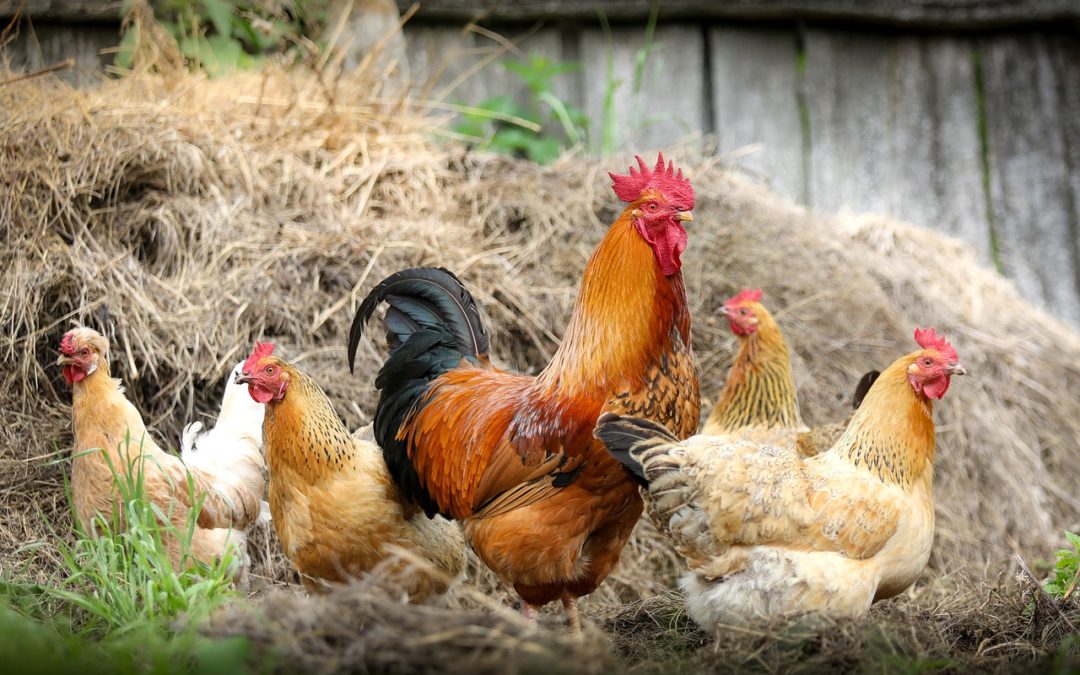I knew why we were moving from Memphis to Boston: I had accepted a new job—one I was excited about. Of course, the decision affected my wife and daughters as well.
The wonder of our girls never gets old. Ellie’s response was, “So when do we go?” She’s always ready for new friends to make, a new room to decorate, new places to perform. Ava was thinking, “What about my friends here? What about my room here? What about my school here?” She was thinking about the future but also looking over her shoulder at what we were asking her to leave behind.
Andrea and I found ourselves looking at a house we were both quite sure we didn’t want to look at and wouldn’t seriously consider. But real estate agents have a way of getting you to look at these places anyway, so there we were.
And then the agent said, too loudly, “The owners will be prepared to leave the chickens.”
Andrea and I prefer our chickens shrink-wrapped or barbequed. But Ava lit up. “Can I? Can I?” Before we knew it, she’d named the six hens. She got this idea that this could be the right place to live because of the chickens. Then we went to see the school the girls would attend, and the teacher for Ava’s grade asked, “What do you like to do?” “I like to look after chickens,” she said, as if she’d been living on a chicken farm her whole life.
Wouldn’t you know, the teacher, Mr. Lancaster, had brand-new chicks. Suddenly home was connected to school. He gave her a book about how to look after chickens—which we welcomed, because we needed it despite Ava’s confidence!
You’ve probably guessed by now that we moved into the house we didn’t want to see, the one with six hens. Ava dutifully feeds them. On a good day, we get one egg from the six of them. Ava had purpose and place. And hope. Mr. Lancaster e-mailed us to say, I can’t believe Ava is the new girl in class. It’s as if she’s always been here.”
Small things, like six unexpected chickens, can make you feel like you’ve always been there.
As we move forward organizationally at South Shore Mental Health, my hope is we can create a culture and climate where people find their purpose and place, and that those things are connected in ways that result in hope–not only for how we perceive the value of the tasks we do as we come to work each day–but also for the impact we’re making on the people whose lives we touch with decisions we make at every level of our organization, and the open spirits we bring to welcoming the joy of life-giving surprises.


